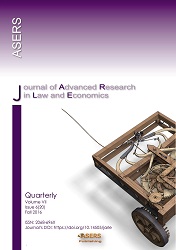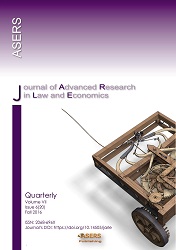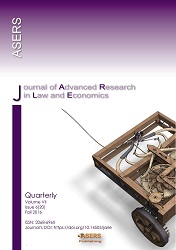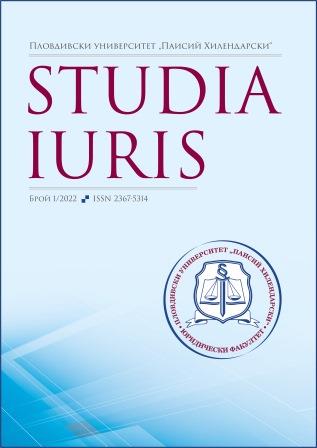International Practice in Regulating Liability for Illegal Migration
In the last several decades migration processes have become global in nature, involving a significant growth in both legal and illegal (illicit) migration. Insufficiently managed migration flows have become a serious security threat for many countries. Illegal (illicit) migration, which poses a threat to national security and is frequently potentially associated with conflict, crime and violence, has been included in the list of modern global challenges and threats, thus requiring not only improvement of international and national legal mechanisms, but also development of joint measures and actions on the part of the whole global community. Virtually all nations in the world are involved in this process either as host countries, countries of origin, or countries with mixed migration flows. The authors argue that migration in general, and its illegal component creates for the economy as the benefits and losses. However, the gross loss to the economy can be minimized provided the adequate implementation of the migration policy. The author points out that clever use of foreign labor could become an objective good for the country with a negative reproduction and growing needs, it is important only to find the resources to manage this sometimes spontaneous process.
More...



